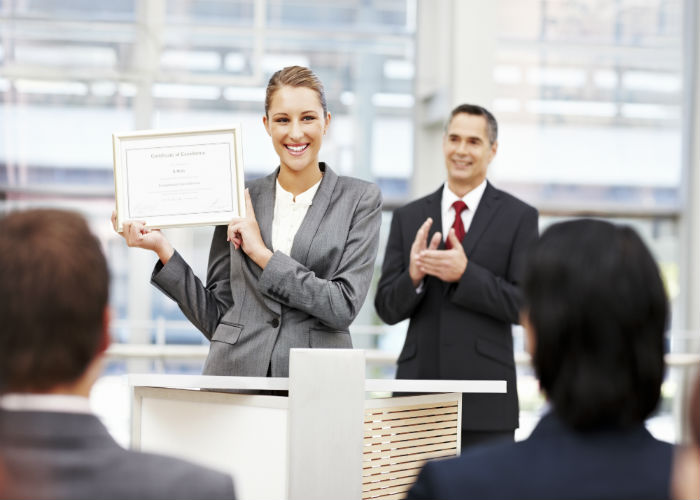
The Certified Professional Resume Writer (CPRW) exam is administered by the Professional Association of Resume Writers and Career Coaches (PARW/CC).
Starting a resume writing business was launched for many by first becoming a Certified Professional Resume Writer (CPRW).
The allure of resume writing in part is that it can be home-based and the start-up can be bootstrapped. Resume writing is best as a side gig IMHO, generating extra income until business success comes knocking.
Compared to other certifications in the industry, some believe the CPRW exam is the least difficult to achieve.
To take the Certified Professional Resume Writer CPRW exam, you must first be a member of the Professional Association of Resume Writers & Career Coaches at parwcc.com (formerly known as parw.com).
Over the years, the professional association has changed names, adding career coaching training and certifications.
The cost of joining the PARW/CC is $150.
Although not a requirement during the early years, the PARW/CC now requires a continuous membership to the PARW/CC to keep an active CPRW credential.

The cost of taking the CPRW exam is $250.
Revealing details about the Certified Professional Resume Writer (CPRW) test itself would be unethical, however, I can give you some broad specifics.
I took and passed the CPRW exam before working on my first resume project, obtaining my business license, and writing my business plan. So, the impression that you need some extensive amount of resume writing experience before taking the CPRW exam isn’t exactly true.
Back in 1996, the first half of the exam was identifying spelling errors and issues with grammar, recognizing and knowing certain acronyms, and answering a few select multiple-choice questions.
FREE DOWNLOAD: Request this free download to learn more about what you need to do to build a profitable resume writing business.
The second half of the exam involved writing a resume and providing an overview of my thoughts and methodologies for writing the resume as I did.
A couple of years back, I had the opportunity to review the updated CPRW exam… and although the test has changed since 1996, I’m not certain the new exam is any more difficult than the older version (having not taken the exam, and if new to the industry, you might disagree :)).
My belief is that as long as you go through the CPRW study guide that PARW/CC provides, you have some knowledge of resumes (layouts, content, formats), and you have a good grasp of punctuation and grammar, you should pass the test with flying colors.
“Testees” are given a nice block of time to do each section, so in my opinion, you’ll have plenty of time to toil over the exam … bringing your answers to perfection without being “under the gun.”
I recommend having a good command of writing a resume for a manager or sales rep, although I have no direct knowledge of the type of jobseeker you’ll write a resume for.
I’d be surprised if you were assigned to write for an off-the-wall career field, however. I also recommend knowing what resume-writing strategies to take when handling employment gaps and job hoppers/career changers.
I suggest talking with Frank Fox, Executive Director, of the PARW/CC. He can offer further insights into what’s included in the exam and help you determine your readiness for taking the test.
The CPRW exam is broken down into 4 modules:
- Industry Knowledge
- Grammar, Spelling, Punctuation & Proofreading
- Critical Thinking/Essay Questions
- Resume & Cover Letter Writing
Testing is now conducted by email.
When I took my CPRW exam back in 1996, I submitted my finished test by a fax machine.
The CPRW now asks that individuals email the first 3 modules and postal or express ship the last module (resume and cover letter writing) to the Professional Association of Resume Writers and Career Coaches.
